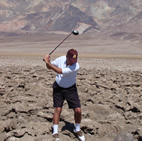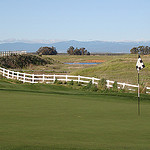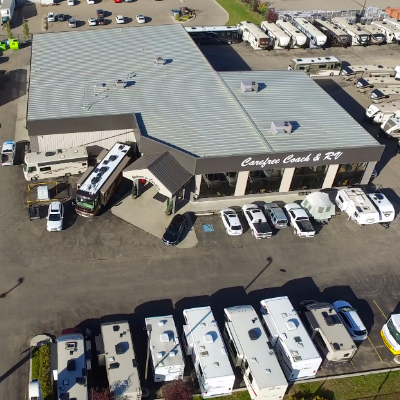Why are booze and golf inseparable?
Each player must decide which is more important: beer or golf.
Somewhere along the way, booze and golf became synonymous. Scottish folklore says golf evolved as an 18-hole game because a bottle of Scotch contained 18 shots: when the bottle was finished, the game was finished. That may be a myth, but golfers in general still enjoy their alcohol.
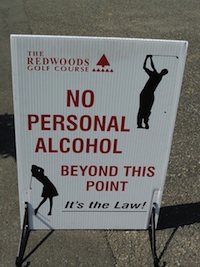
Somehow it has become acceptable to drink during a round, with the liquor of choice being beer. It’s called a golfing tradition or just being sociable. Golf courses further encourage drinking by having a cart girl continually circling the course selling beer and snacks. In British Columbia the cart girls are, however, trained in a program called Serving It Right, which includes the legal responsibilities involved in selling liquor.
The problem is not that golfers drink, but what they are drinking. In British Columbia it is against the law to bring your own liquor onto a golf course. Before a golf course can sell liquor, a liquor license from the provincial Liquor Distribution Branch is required. With the liquor license comes legal responsibilities and liabilities concerning the liquor consumed. The law states “a licensee must not allow patrons in the establishment to consume liquor that was not purchased from, or served by, the licensee.”
The reasons for this law:
- To ensure the quality of liquor being sold.
- To prevent the over-consumption of liquor.
- The recording of liquor sales by the licensee.
The penalty for a golf course not following the law is a fine and/or loss of their liquor license. This law applies to other entertainment venues as well. When attending a Lions or Canucks game, all bags are checked at the entrance gates and any liquor found is confiscated. British Columbia is not alone in this rule, as similar laws extend across Canada and through the United States, especially in golf destinations like Palm Springs.
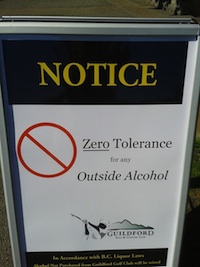
Some golf courses only give lip service to the law, while others apply various methods to discourage golfers from drinking their own liquor on the course. Methods used include posting signs, not allowing coolers on the course and having the marshals confiscate the booze. Every golf course has a legal responsibility to enforce the law. For those golfers who claim their rights are being violated, the Canadian Charter of Rights and Freedoms does not give any individual the right to override provincial liquor laws. In addition, drinking in public is also against the law and results in a $230 fine.
Drinking does not improve your game
Despite some golfers’ claim that drinking improves their game, science does not endorse that theory. Research has proven:
- Drinking does not lead to lower scores.
- Drinking on the course gradually slows down the pace of play.
- Drinking and driving is dangerous, even in a golf cart. An Alberta man was killed in June 2012 while driving with a high blood alcohol level at Predator Ridge Golf Resort in Vernon.
A golf course, public or private, has the legal right to confiscate liquor as well as evict intoxicated individuals. But it’s a catch-22 for course managers. If they strictly enforce the law, golfers and tournaments may not return. But ignoring the law can result in being fined and eventually losing their liquor license. Either way it’s difficult for a golf course to win, because liquor generates good revenue and is necessary to survive.
As individuals, golfers need to decide which is more important: beer or golf. It was comedian Dean Martin who said, “if you drink, don’t drive. Don’t even putt.”





